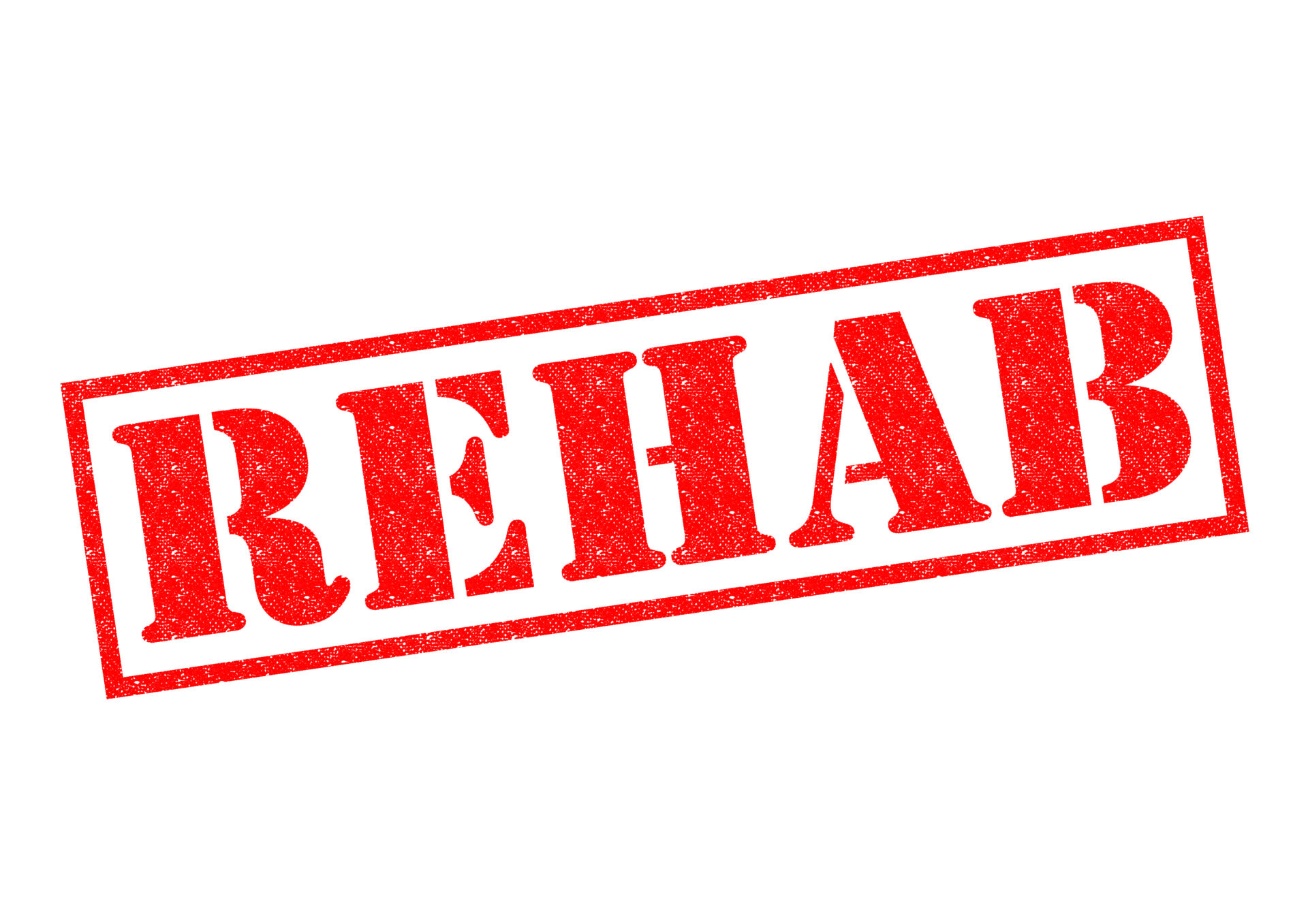Overcoming Gamble Addiction: Effective Treatment Options

Gambling addiction is a severe mental health illness defined by an overwhelming need to gamble despite the risks involved. It is also referred to as compulsive gambling or gambling disorder. People who have this disorder frequently become obsessed with gambling, feel the need to raise their bets in order to get more excitement, & become restless when trying to cut back on or quit gambling.
Key Takeaways
- Gambling addiction is a serious problem that can have devastating effects on a person’s life and relationships.
- Signs and symptoms of gambling addiction include preoccupation with gambling, lying about gambling activities, and using gambling as a way to escape problems.
- Seeking professional help from a therapist or counselor who specializes in addiction can be a crucial step in overcoming gambling addiction.
- Cognitive behavioral therapy can be an effective treatment for gambling addiction, helping individuals identify and change their thought patterns and behaviors related to gambling.
- Medication options, such as antidepressants or mood stabilizers, may be prescribed to help manage the symptoms of gambling addiction.
- Support groups and peer counseling can provide valuable encouragement and understanding for individuals struggling with gambling addiction.
- Lifestyle changes and self-care, such as finding healthy hobbies and activities, can help individuals in recovery from gambling addiction build a fulfilling and balanced life.
The genesis of compulsive gambling is multifaceted, encompassing genetic, biological, psychological, and environmental elements. While some people may develop an addiction as a coping mechanism for stress, anxiety, or depression, others may have a genetic predisposition to addictive behaviors. Its development may also be influenced by external factors like peer pressure, early exposure to gambling, and social acceptance. Addiction to gambling is a recognized mental health illness that necessitates professional intervention, not a matter of moral weakness or lack of willpower. Serious repercussions may ensue from inadequate treatment, such as relationship troubles, financial ruin, legal troubles, & suicidal thoughts.
To get the support and assistance you need, it’s imperative to recognize the warning signs and symptoms of gambling addiction. Typical Indices of Addiction to Gambling. An inability to control or quit gambling, lying about the amount of one’s gambling, taking out loans to gamble, ignoring obligations at work or home because of one’s addiction to gambling, and experiencing relationship issues as a result of one’s gambling are some common indicators of gambling addiction. Some warning signs include feeling restless or agitated when trying to cut back on gambling, depending on other people to rescue you from financial difficulties brought on by gambling, and using gambling as an escape from issues or unpleasant emotions.
Physical and Emotional Indications. Emotional and physical symptoms may also point to a gambling addiction in addition to these behavioral indicators. These can include experiencing withdrawal symptoms, such as irritability, restlessness, or depression, when not gambling, as well as feelings of guilt, shame, or anxiety about gambling.
| Treatment Option | Description |
|---|---|
| Cognitive Behavioral Therapy (CBT) | A type of psychotherapy that helps individuals identify and change negative thought patterns and behaviors related to gambling. |
| Medication | Some medications, such as antidepressants or mood stabilizers, may be prescribed to help manage underlying mental health conditions associated with gambling addiction. |
| Support Groups | Participating in support groups, such as Gamblers Anonymous, can provide individuals with a sense of community and understanding as they work towards recovery. |
| Financial Counseling | Working with a financial counselor can help individuals develop healthy money management skills and address any financial issues resulting from gambling addiction. |
Headaches, stomach troubles, insomnia, and other stress-related ailments are examples of physical symptoms. Asking for Assistance & Healing. It’s crucial to remember that each person with a gambling addiction may experience these signs and symptoms to varying degrees, and not everyone will display all of these behaviors. It’s crucial to get professional assistance as soon as possible if you or someone you know is exhibiting any of these symptoms.
Inappropriate treatment of a gambling addiction can have detrimental effects, but recovery is achievable with the correct assistance and care. It is imperative that anyone battling a gambling addiction get professional assistance. It is imperative to seek the assistance of a mental health professional who specializes in treating addictive behaviors and who can offer the required support and direction. There are several options for professional help when it comes to gambling addiction, including individual therapy, group therapy, and specialized treatment programs for addictive behaviors. Developing coping mechanisms to control cravings and urges and addressing the root causes of gambling addiction can both be accomplished through individual therapy.
A therapist can work with you to create more positive coping mechanisms for stressful situations & unpleasant feelings, as well as to investigate the ideas and feelings that underlie your gambling behavior. For those who are addicted to gambling, group therapy can be especially helpful because it offers a safe space for them to talk about their experiences, learn from others, and get support from peers going through similar struggles. For those with severe gambling addictions, specialized treatment programs for addictive behaviors may be advised in certain situations. Individual & group therapy, informational sessions regarding gambling addiction, and family support are frequently included in these programs.
It’s critical to locate a treatment center that offers a thorough approach to treating every facet of gambling addiction and is customized to your unique requirements. For the treatment of gambling addiction, cognitive behavioral therapy (CBT) is one of the most successful therapeutic approaches. The main goal of CBT is to recognize and alter the unfavorable thought patterns and actions that underlie addictive behaviors.
CBT can assist people with gambling addiction in identifying the triggers that cause gambling cravings, dispelling false beliefs about gambling, and creating healthier coping mechanisms to control stress and unpleasant feelings. In cognitive behavioral therapy (CBT), a therapist works with patients who are addicted to gambling to pinpoint the ideas and attitudes that motivate their gaming habits. They discover how to confront these ideas and swap them out for more sensible and constructive viewpoints regarding gaming. People also learn how to substitute other pastimes and coping mechanisms for the urge to gamble when confronted with stressors like boredom, social pressure, or stress. In order to sustain their recovery from gambling addiction, CBT also assists patients in creating relapse prevention plans.
Through the acquisition of relapse prevention skills and the creation of coping mechanisms for common triggers, people can enhance their resilience and lower their likelihood of reverting to harmful gambling behaviors. In general, cognitive behavioral therapy (CBT) equips people with useful tools and abilities to control their gambling addiction and bring about positive life changes. Medication may be a part of a thorough treatment program for gambling addiction in certain circumstances. Although there aren’t any drugs specifically approved to treat gambling addiction, doctors may prescribe some to treat co-occurring mental health issues that fuel addictive behaviors.
For example, people with anxiety or depression disorders who also have a gambling addiction may be prescribed antidepressants or anti-anxiety drugs. For impulse control issues linked to gambling addiction, medication may also be utilized. For instance, by preventing the effects of specific neurotransmitters in the brain, drugs like naltrexone or nalmefene may be prescribed to help lessen the urge to gamble. To provide comprehensive care for people with gambling addiction, these medications are typically used in conjunction with other treatment modalities, such as therapy and support groups.
It’s critical to remember that medicine should only be taken under the supervision of a licensed medical practitioner with experience treating addictive behaviors. Though it can be a useful tool in a comprehensive treatment plan, medication by itself is not a cure for gambling addiction. Talk to your healthcare provider about the possible advantages and disadvantages of taking medication if it’s part of your treatment plan for gambling addiction. Advantages of Support Teams.
Support groups give people a forum to talk about their experiences, get helpful advice on how to control their gambling cravings, & keep up their recovery. These groups also provide a feeling of belonging and community, which is extremely important for people who are battling addiction. Gamers Anonymous (GA)… Gamblers Anonymous (GA) is a well-known support group for people who are addicted to gambling. Similar to Alcoholics Anonymous (AA), Gamblers Anonymous (GA) offers a 12-step program and a supportive environment for people to work through their addiction recovery. It is encouraged for members to open up about their experiences, own up to their mistakes, & help one another stick to their gambling abstinence.
Peer assistance. For those struggling with a gambling addiction, peer counseling can be an invaluable resource in addition to support groups. People who have overcome their addiction to gambling & received training to support and mentor those facing comparable difficulties are known as peer counselors. Peer counselors, having recovered from gambling addiction themselves, can provide empathetic support, comprehension, & useful guidance. Recovering from a gambling addiction requires adopting new lifestyle habits and engaging in self-care.
To aid in their rehabilitation, people who are addicted to gambling should recognize the triggers that send them into a gambling frenzy, deal with them, and make positive lifestyle adjustments. This might be staying away from locations or circumstances that make you feel like gambling, finding exciting activities to substitute for the rush of gambling, & creating healthy coping mechanisms to deal with stress and unpleasant feelings. Those in recovery from gambling addiction must also prioritize self-care.
This could be making physical health a priority by eating a balanced diet, exercising frequently, and getting enough sleep. Also, engaging in mindfulness exercises like yoga or meditation can support people in managing their stress and maintaining a sense of reality while they work toward recovery. Maintaining recovery also requires you to create a strong support system of peers, family, & friends who are aware of your struggles with gambling addiction. As you strive to create a healthier lifestyle free from the hold of gambling addiction, surrounding yourself with supportive people who share your recovery objectives can offer accountability and encouragement.
In conclusion, it is critical to comprehend gambling addiction in order to identify the early warning signs & symptoms. In order to overcome a gambling addiction, one must seek professional assistance through counseling or other specialized programs. Under professional guidance, medication options may be explored, and peer counseling support can be obtained from organizations such as Gamblers Anonymous. By avoiding triggers, placing a high value on physical health, and developing a strong support system, lifestyle modifications and self-care are crucial to sustaining recovery from gambling addiction.
If you or someone you know is struggling with gambling addiction, it’s important to seek help. There are many resources available, including therapy, support groups, and treatment programs. One helpful article on this topic is “About Gambling Addiction Treatment” from Bonus Casino Welt. This article provides valuable information on the different treatment options available for those struggling with gambling addiction. It’s important to remember that help is available, and it’s never too late to seek support. (source)
FAQs
What is gambling addiction treatment?
Gambling addiction treatment refers to the various methods and programs designed to help individuals overcome their compulsive gambling behavior and regain control over their lives.
What are the common types of gambling addiction treatment?
Common types of gambling addiction treatment include therapy (such as cognitive-behavioral therapy), support groups (such as Gamblers Anonymous), medication, and inpatient or outpatient treatment programs.
How effective is gambling addiction treatment?
The effectiveness of gambling addiction treatment can vary from person to person. However, research has shown that individuals who seek treatment for gambling addiction have a higher likelihood of successfully overcoming their addiction compared to those who do not seek help.
What are the signs that someone may need gambling addiction treatment?
Signs that someone may need gambling addiction treatment include a preoccupation with gambling, lying about gambling activities, borrowing money to gamble, and experiencing negative consequences as a result of their gambling behavior.
Where can someone find gambling addiction treatment?
Gambling addiction treatment can be found at various mental health and addiction treatment centers, as well as through individual therapists and support groups. Many communities also offer resources specifically for gambling addiction treatment.
Relevant news

Mastering Bingo and Keno: Rules, Tips, and Strategies
As a seasoned gambler, I can tell you that understanding the rules of any game…

5 Reasons Casino Bonuses Could Be Your Secret Weapon
When I first stepped into the world of online gambling, I was immediately struck by…

These Reload Bonuses Will Keep You Playing for Hours
When I first stumbled upon the concept of reload bonuses, I was intrigued. Essentially, a…

How Blockchain Is Changing Casino Bonus Systems
When I first stumbled upon blockchain technology, I was captivated by its potential to revolutionize…

What’s the Difference Between Bonus Money and Real Money?
When I first ventured into the world of online gambling, I was immediately drawn to…

Why Playing It Safe Will Keep You Broke at the Tables
When I first stepped into a casino, the vibrant lights and the sound of chips…